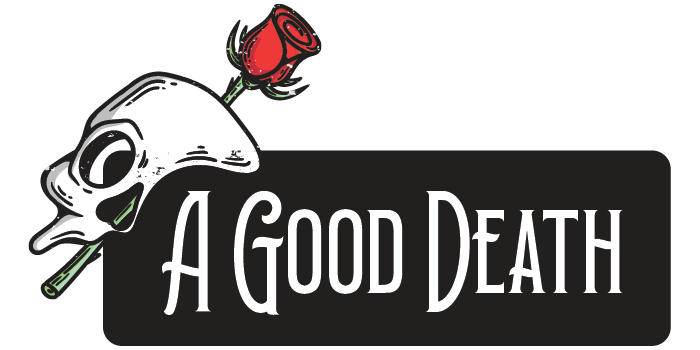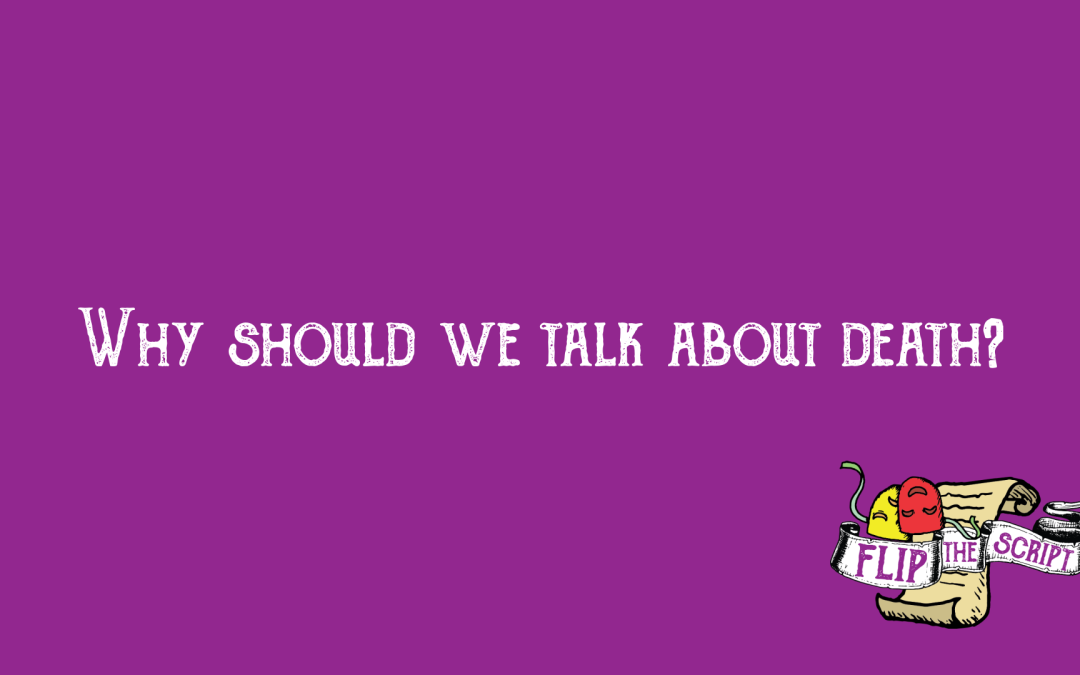If you are hesitant about talking to anyone about your death, here is a list of things that might persuade you to get started!
Here’s 28 reasons to talk about end-of-life and death
- Death is much more than wills and choosing a power of attorney – but most people don’t know that until they talk.
- You can make an informed choice about what a good death looks like to you.
- People need to know your cultural care preferences before you enter end-of-life stages. E.g. LGBTQIA+, Aboriginal and Torres Strait Islander, CaLD, Autism, NNT specific, Disability Inclusive, trauma-informed care etc.
- Talking about death helps reduce our stress – and the stress of the people we care about.
- The more you talk and plan your end-of-life experience, the more bases you cover.
- It makes it easier to figure out what you want.
- It makes it easier to figure out what you don’t want.
- It’s better to plan now than to wrestle it when shock and grief take hold.
- You can enjoy a more in-depth, less hurried (and pressured!) approach to planning.
- Bedside disagreements SUCK.
- Proper planning allows access to options like Voluntary Assisted Dying.
- There’s a lot of moving parts to manage and things can fall through the cracks.
- If you lose the capacity to advocate for yourself, someone else can do it for you.
- You gift yourself time to investigate options and clarify ideas.
- You can find your end-of-life dream team rather than settling for whoever you can get.
- It helps empower people outside your family to advocate for you on your behalf.
- More chance of giving them the legal power to advocate for your choices.
- Enhances existing relationships through deeper, more intimate, values-based discussions.
- Reduces the risk of you experiencing an end-of-life that doesn’t reflect you or your values.
- Time to create the best possible send off.
- Helps your friends, peers and community get ready together.
- Greater chance of a death that reflects you in every way possible.
- Encourages communities to rally around the death and dying.
- Decreases the likelihood of invasive and unnecessary treatments in the last stages of life.
- The more death literate we all are, the better we can support each other.
- Less complicated and complex grief outcomes leading to reduced trauma.
- If you’ve lived your life expecting certain levels of autonomy, choice and customisation, you can enjoy this wit death and dying, too.End-of-life and palliative care need your input to be tailored to your care needs.
- Gives you greater control over your end-of-life experience, and with it, more chance of a dignified death.

